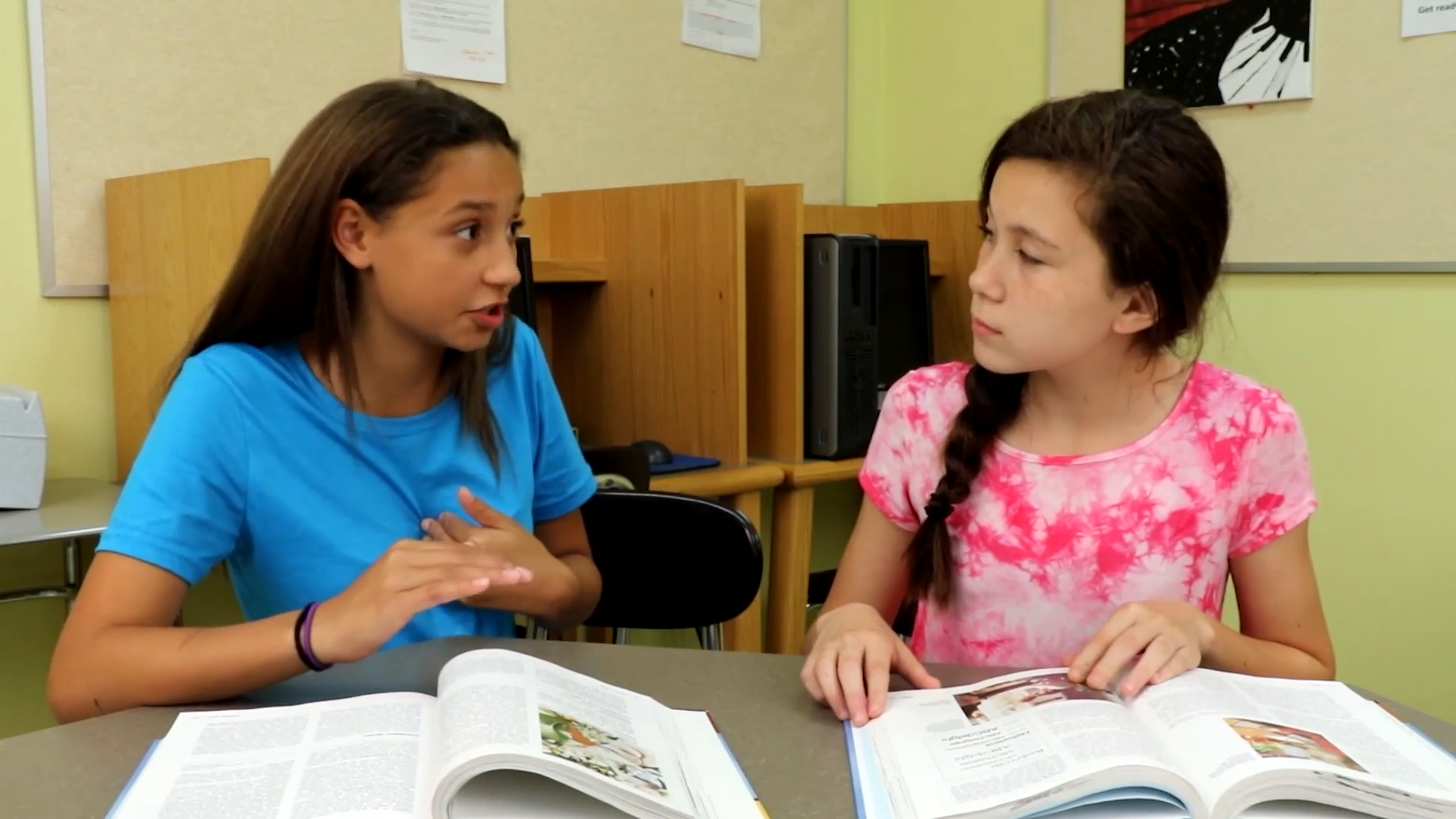
Introduction
In today’s fast-paced world, it’s crucial for students to develop strong social-emotional skills that help them navigate social situations. One such skill is learning to think before they speak, which can prevent hurtful comments and promote positive communication. This blog post will introduce an easy-to-implement, no-prep activity for educators to help students practice this essential skill. We will also provide discussion questions, mention related skills, and encourage you to explore free sample materials for further learning.
No-Prep Activity
This activity, called “Think or Say,” requires no preparation or materials from the educator. To begin, have students sit in a circle. One student will start by sharing a positive statement about an event or something they like. The next student will then decide whether to respond with a supportive comment or a hurtful thought. If they choose a hurtful thought, they must explain why they decided to keep it inside instead of saying it out loud.
Here’s an example:
- Student A: “I’m excited about the new superhero movie coming out this weekend!”
- Student B: (thinks) “I don’t like superhero movies, but I can tell Student A is excited. I’ll keep that thought inside.” (says) “That sounds fun! I hope you enjoy the movie.”
Continue the activity, with each student sharing a positive statement and the next student responding. This exercise helps students practice thinking before they speak, considering the feelings of others, and making thoughtful choices in their communication.
Discussion Questions
- Why is it important to think before we speak, especially when we have hurtful thoughts?
- Can you think of a time when you said something without thinking, and it hurt someone’s feelings? How did that make you feel?
- How can practicing this skill improve our relationships with others?
- What are some strategies we can use to help us remember to think before we speak?
- How can we support our friends and classmates when they are practicing this skill?
Related Skills
Developing the ability to think before speaking is just one aspect of social-emotional learning. Other important skills for students to cultivate include:
- Active listening: Paying close attention to what others are saying and responding thoughtfully.
- Empathy: Understanding and sharing the feelings of others.
- Conflict resolution: Effectively addressing disagreements and finding solutions that benefit everyone involved.
- Self-awareness: Recognizing and understanding one’s own emotions, strengths, and weaknesses.
- Resilience: Bouncing back from setbacks and maintaining a positive outlook.
Next Steps
We hope that this activity and discussion will help your students develop the valuable skill of thinking before they speak. To further support their social-emotional learning journey, we encourage you to sign up for free sample materials that cover a range of essential skills. By incorporating these resources into your classroom, you can help your students build strong foundations for success in their social, academic, and personal lives.

